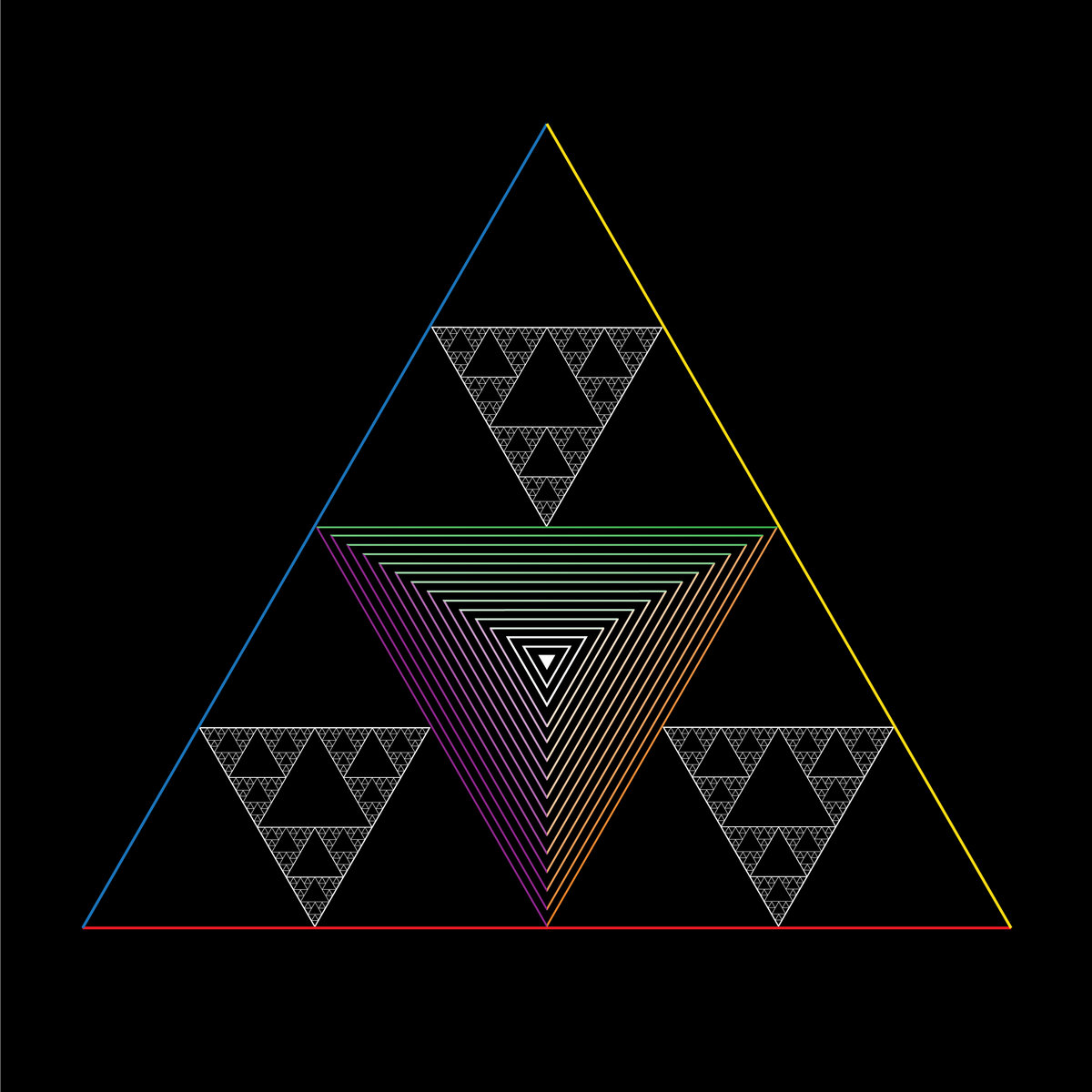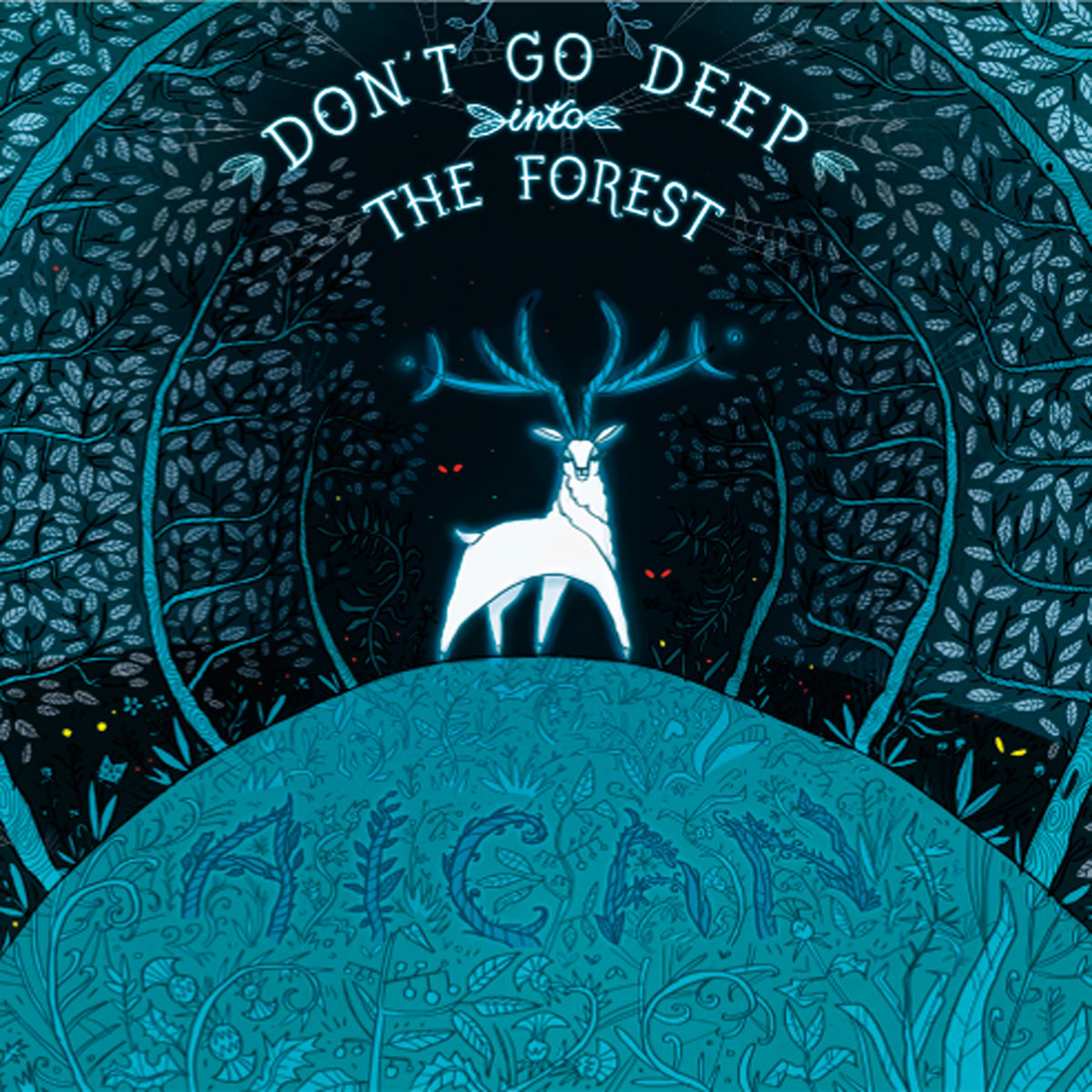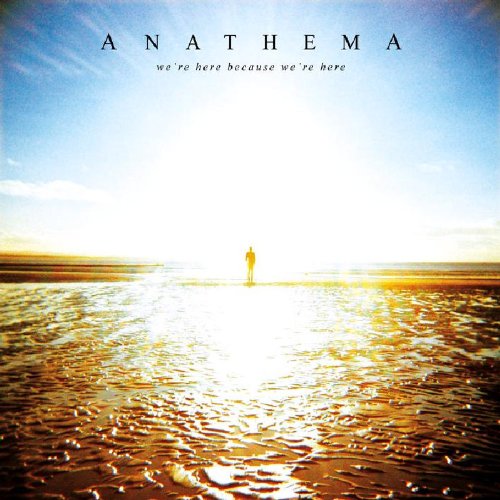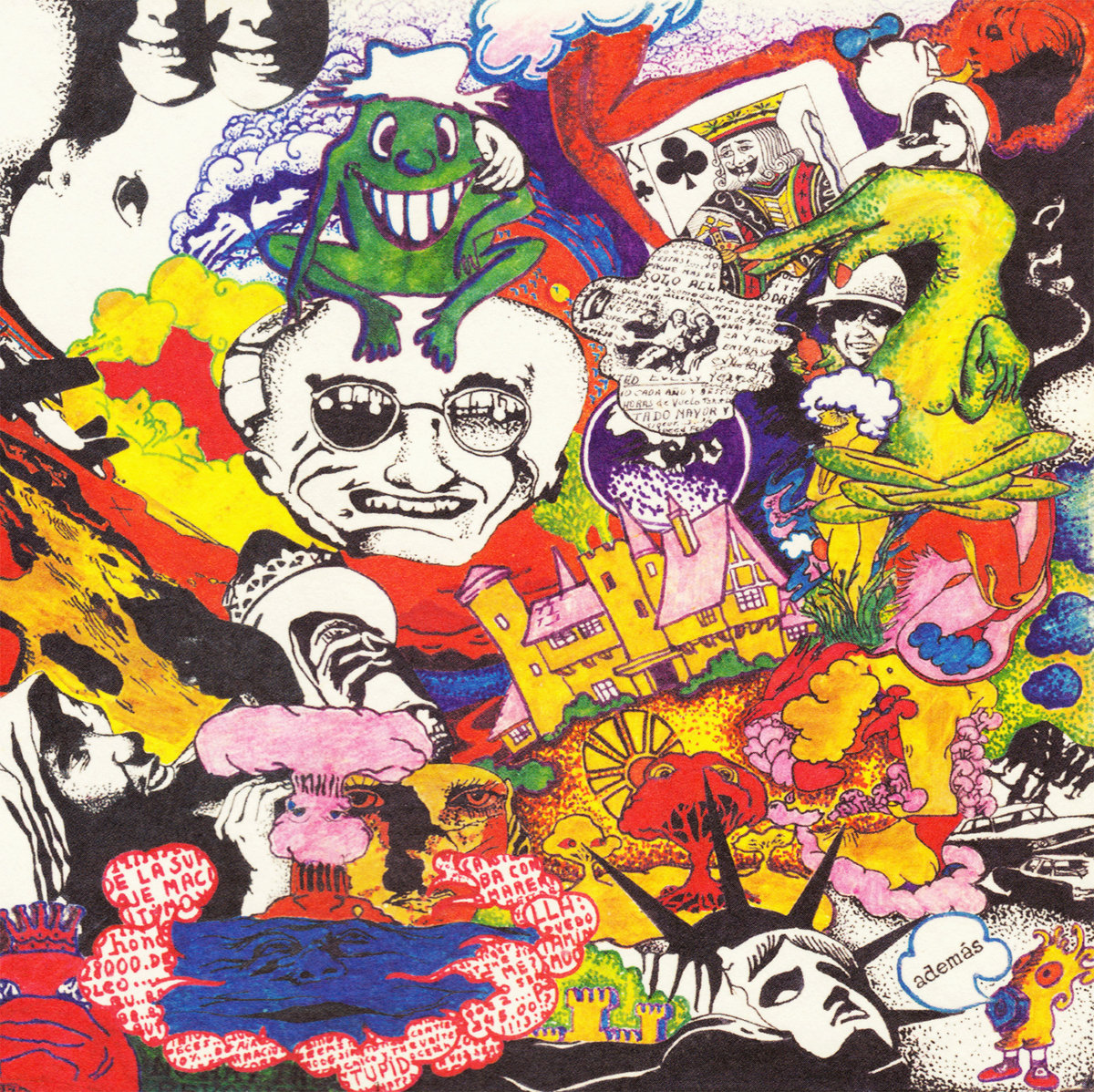I listened to some Mavara's songs some years ago and liked it, so I was tempted to introduce them to my blog's readers. When their fourth album "Consciousness" was released, however, I definitely made up my mind and I decided to put this song in my blog. "Time Makers" shows how much the band improved and is now able to make an eclectic and unpredictable kind of prog.
I'm in love with this cover art. Aren't you too?
They mix math-rock elements with classic prog and just a little bit of metal providing bright edges to their compositions. Their wall of sound effect remind me of Riverside, but you'll find hints of H-era Marillion, Porcupine Tree and, of course, King Crimson. Not only the melodies are enjoyable, but there are also clever changes and a beautiful dreaming guitar solo. What else could I ask for? Fairy tales and solid sounds... and they're from Tehran, Iran. Prog is everywhere you go.

:format(jpeg):mode_rgb():quality(90)/discogs-images/R-9091072-1476726622-6222.jpeg.jpg)






:format(jpeg):mode_rgb():quality(40)/discogs-images/R-6773591-1426343596-5499.jpeg.jpg)

